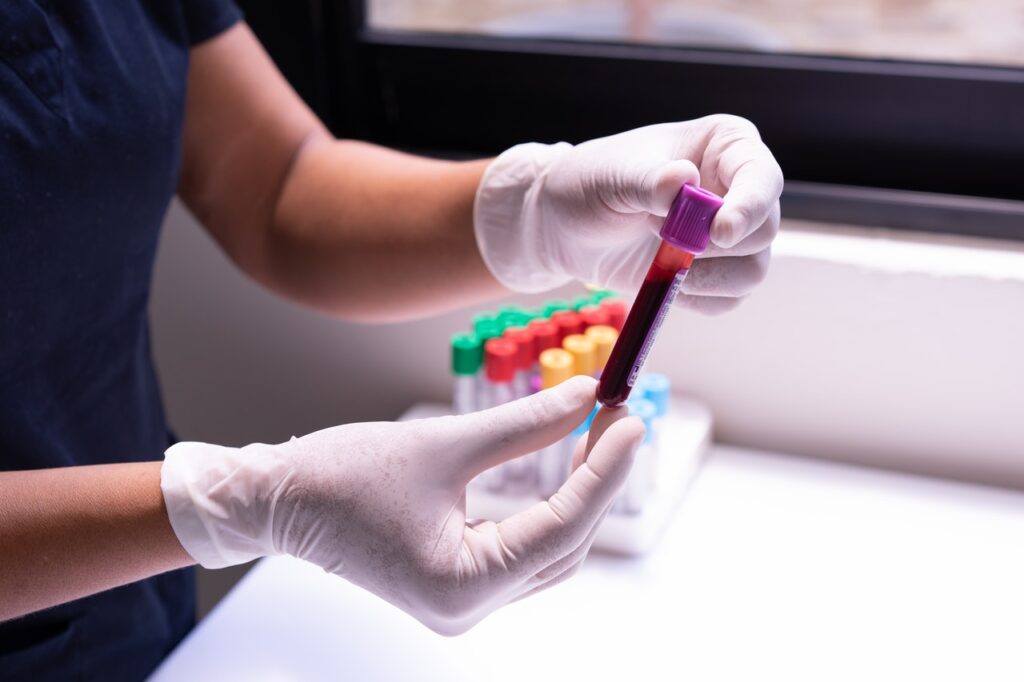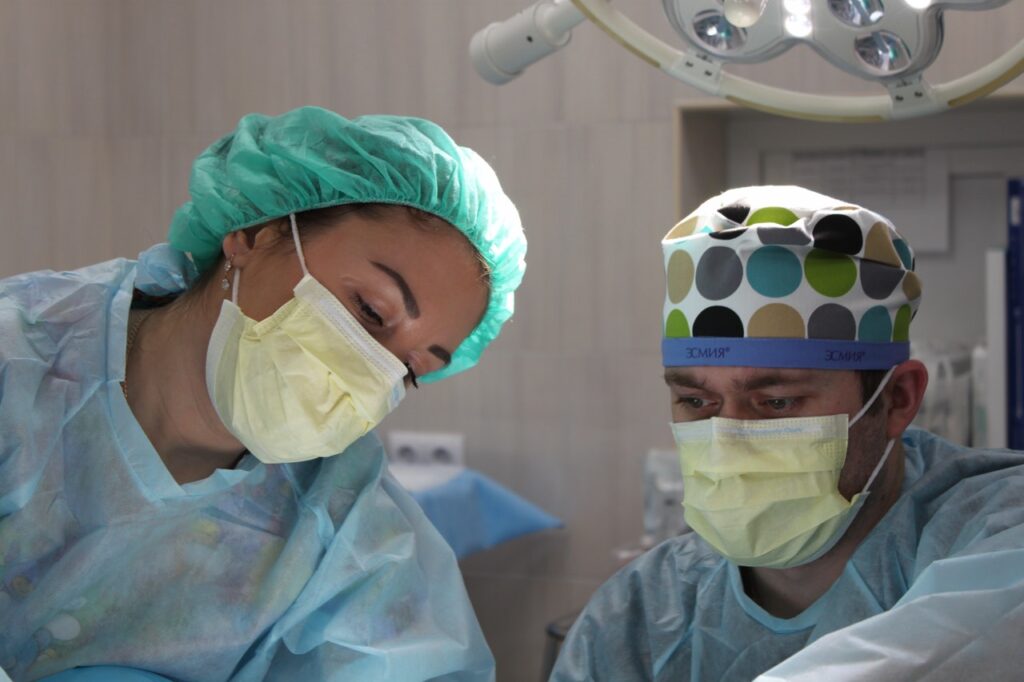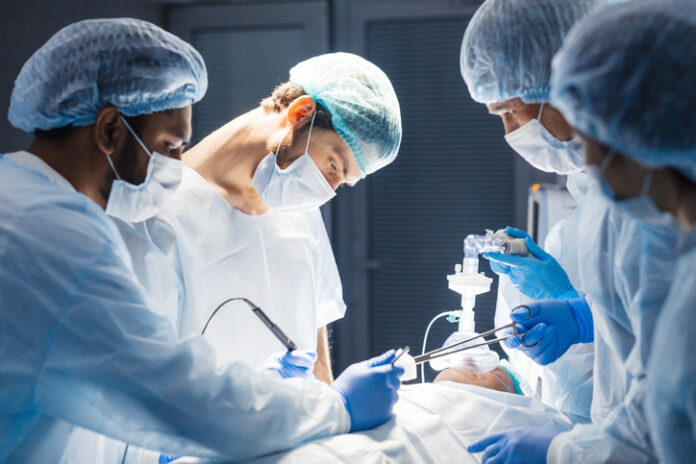According to leading medical experts, hernia is becoming a common occurrence in patients of all ages in today’s time. Doctors recommend that it is essential that an inflamed hernia is operated at the right time so that it does not become grow to dangerous proportions.
While many people are under the misconception that this can be a complicated surgery, the fact is that it is not. In the last few years, medical science has advanced to a point that you need not worry about getting your hernia operated.
Hernia surgery repairs a problem in which internal tissues or organs extend beyond their original area and bulge through the muscles around the abdominal area. It usually happens around the lower abdomen or the groin area.
In today’s day and time, with all the advancement in medical science, you can go home the same day after your hernia surgery. But, this sometimes also depends on the type of hernia treatment and surgery option selected. Hospitalization for 1-3 days might be a need in some cases.
If your hernia worsens and you plan to get it operated, here are a few things you should know beforehand.
Before the Surgery

You need to understand that your doctors need to know and examine each of your symptoms and issues before the surgery. This examination done by the doctor at Pristyn Care will define the process for the hernia surgery to follow.
The doctor will ask you to get some routine tests done. These may include your blood sugar levels, haemoglobin levels, thyroid and so on. This helps the doctor take necessary precautions in case any of the vitals appear to be inflated beyond a normal level.
This is just a routine process that should not scare you. For people who do not go for regular monitoring of their vitals, this can help in shedding light on how your internals and blood is really doing.
Initial Consultation
During your initial sitting with your urologist, your doctor will check for your medical history, if any. This initial consultation is done to prevent if something new has not formed and also to give you instructions. The doctor also suggests the types of foods and drinks to have and avoid before your surgery. It is also advised to bring along your medical prescriptions, if any.
A few days before your scheduled hernia surgery, you may also be asked to give blood samples for testing and a urinalysis. Some other tests will give the doctor a precise evaluation of your general health.
Once you are in the hospital for your surgery, the following is to be expected.
Anaesthesiology

The dose of anaesthesia depends on the type of hernia surgery prescribed for you. When you decide that you would need an amount of anaesthesia, you will be made to have a consultation session with the anesthesiologist.
These experts will assess you to finalize the dosage of anaesthesia for you to have a safe and pain-free experience. You anaesthesiologists will also guide you to drink clear liquids up to two hours before surgery.
During the Surgery
There are multiple types of hernia surgery decided upon the scale, type and location of the hernia you have, combined with multiple other factors.
Currently, there are two well-known types: laparoscopic and open hernia surgery. In both types of surgery, there may or may not use a device called surgical mesh. The surgery is done by general surgeons with surgical training, assisted by a dedicated support staff of nurses, and, if needed, an anesthesiologist.
The main aim of the surgery is to find the defective abdominal muscular, which is the reason for the problem and repair it. During the surgery, surgical mesh is used, which is placed around the weakened muscles after the internal tissues or organs are physically put back into place.
Laparoscopic Hernia Surgery

Here is a quick look at what happens during laparoscopic hernia surgery.
- A tiny incision is made around the abdominal area while the patient is under general anaesthesia.
- After this, special devices, usually a small camera at the end of an adjustable tube, is inserted through the incision, usually made around the navel. The inserted camera transmits video of the inside of the body, allowing the doctor to see the hernia.
- A couple of other small incisions allow the surgeon to access the area using specialized tools. In addition, the site is inflated using carbon dioxide gas to allow easier access to organs and structures.
Stitching
After hernia operation, the incisions made are then carefully closed using stitching or sutures. During this time, utmost precaution is taken to prevent infection. After the completion of the surgery, you will be taken to a recovery room.
After the Surgery

-
Monitoring
During the monitoring phase, the patient will be checked for oxygen levels, blood pressure, heart rate, and urine output and production.
-
Preventing Blood Clots
During the recovery, one of the most significant risks is the formation of blood clots. All patients are recommended to walk at least 500 steps per day to prevent blood clots in the legs. Doctors may also advise taking five to ten deep breaths, holding each in for three to five seconds every hour.
Risks and Complications
Hernia repair surgery is generally a very safe procedure that causes minimal complication. However, as with any surgery, there are some possible complications:
- Infection or bleeding
- A slight chance exists that the intestines, bladder, blood vessels, or nerves may be injured during the procedure or that scar tissue may form
- Seroma formation
- Recurrence of the hernia
- Pain
Going Home
Once the doctor gives a green flag saying the surgery has been successful, and the anaesthesia has primarily gone, and that the patient has no risk of infection and any other side effects, he/she will be discharged the same day.
Once out of the hospital, make sure to keep a check on your signs and post-surgery symptoms and never hesitate to call your doctor in case of any unusual symptoms. Your doctor might also ask you to come for a visit after a couple of weeks or a month to see how well you are doing.






